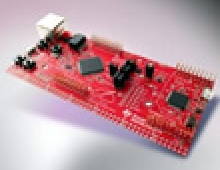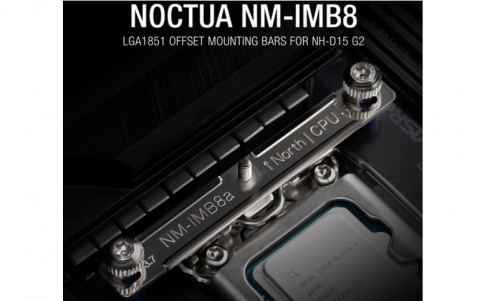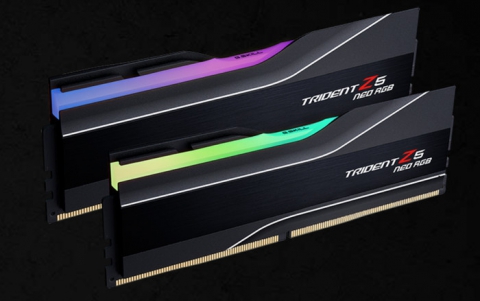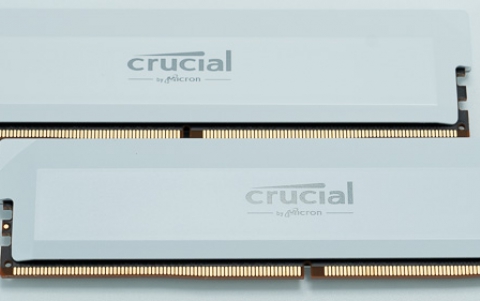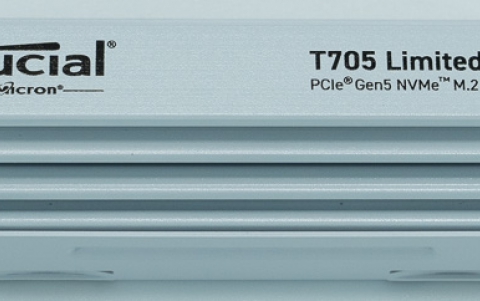
Texas Instruments Cuts 1,700 Jobs, Winds Down OMAP Mobile Chips
Consistent with previously stated strategic plans, Texas Instruments (TI) announced today it will reduce costs and focus investments in its Wireless business on embedded markets with greater potential for sustainable growth.
In order to reduce cost, TI said it would eliminate about 1,700 jobs worldwide.
Texas Instruments said in September it would halt costly investments in the competitive smartphone and tablet chip business.
TI plans to focus its OMAP processors and wireless connectivity solutions on a broader set of embedded applications with long life cycles, instead of its historical focus on the mobile market where the company's large customers are increasingly developing their own custom chips.
TI has been under pressure in mobile processors, where it has lost ground to rival Qualcomm.
"We have a great opportunity to reshape our OMAP processor and wireless connectivity product lines to concentrate on embedded markets. Momentum is already building with new embedded applications and a broad set of customers, and we are accelerating our efforts in these areas," said Greg Delagi, senior vice president of Embedded Processing. "These job reductions are something we do with a heavy heart because they impact people we care deeply about. We will work closely with all employees affected by these changes to provide a range of assistance related to compensation, benefits and job search."
TI is expected to continue selling existing tablet and phone processors for products like Amazon's Kindle tablets for as long as demand remains, but stop developing new chips.
Amazon had reportedly been in talks to buy the mobile part of OMAP.
As a result of these actions, TI expects annualized savings of about $450 million by the end of 2013. Total charges will be about $325 million, most of which will be accounted for in the current quarter. TI's fourth-quarter outlook, published on October 22, did not comprehend these restructuring charges.
Texas Instruments said in September it would halt costly investments in the competitive smartphone and tablet chip business.
TI plans to focus its OMAP processors and wireless connectivity solutions on a broader set of embedded applications with long life cycles, instead of its historical focus on the mobile market where the company's large customers are increasingly developing their own custom chips.
TI has been under pressure in mobile processors, where it has lost ground to rival Qualcomm.
"We have a great opportunity to reshape our OMAP processor and wireless connectivity product lines to concentrate on embedded markets. Momentum is already building with new embedded applications and a broad set of customers, and we are accelerating our efforts in these areas," said Greg Delagi, senior vice president of Embedded Processing. "These job reductions are something we do with a heavy heart because they impact people we care deeply about. We will work closely with all employees affected by these changes to provide a range of assistance related to compensation, benefits and job search."
TI is expected to continue selling existing tablet and phone processors for products like Amazon's Kindle tablets for as long as demand remains, but stop developing new chips.
Amazon had reportedly been in talks to buy the mobile part of OMAP.
As a result of these actions, TI expects annualized savings of about $450 million by the end of 2013. Total charges will be about $325 million, most of which will be accounted for in the current quarter. TI's fourth-quarter outlook, published on October 22, did not comprehend these restructuring charges.

